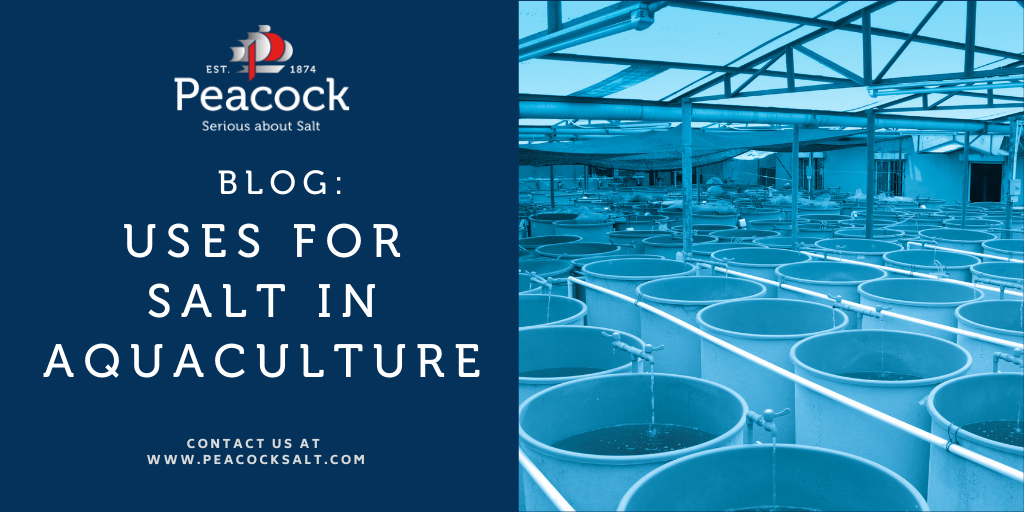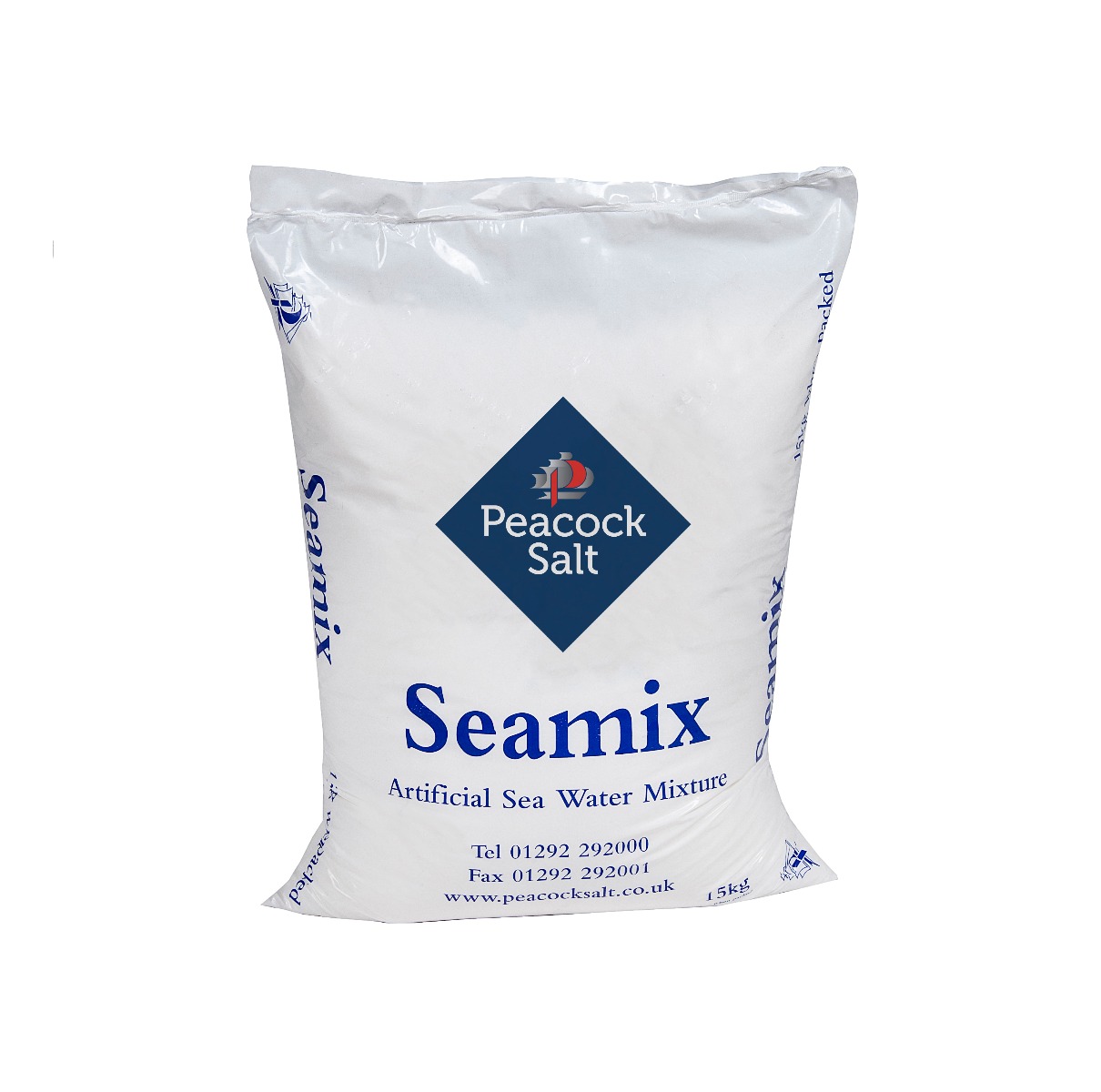
Salt uses in Aquaculture
Salt has many applications in the fish industry which can primarily be divided into two categories - Aquaculture and Fish Processing. Aquaculture, also known as aquafarming concerns the cultivation of marine or freshwater organisms including fish, crustaceans, molluscs, aquatic plants and algae, under controlled conditions. Commercial fishing is the harvesting of wild fish. Fish processing concerns the practices thereafter which prepare them for transportation, storage and consumption, such as pickling and curing.
In aquaculture, salt is one of the most commonly used drugs and is sometimes referred to as the aspirin of aquaculture. Many forms of salt are used including vacuum salt, rock salt and sea salt in varying grain sizes, sometimes with the inclusion of mineral additives.
Used properly, salt can serve many purposes in aquaculture such as:
- Effectively controlling many external parasites including Costia, Epistylis, Trichodina, Chilodonella, and the flukes Dactylogyrus and Gyrodactylus.
- Protects from fungus spores in water (saprolegnia) which do not like salt water.
- Preventing methemoglobinemia (Brown Blood Disease) which is caused by an accumulation of Nitrite in the water. As the chloride concentration in the water increases, the nitrites ability to enter the bloodstream decreases.
- Controlling protozoans on the gills and skins of fish and enhancing mucus production.
- Minimising osmoregulatory stress during transport
The method of application will depend on the disease organism, weight, species & type of aquaculture unit.
Treatment methods include short-term dips, prolonged baths, and indefinite treatments:
- Dip treatments involve exposing the fish to very strong solutions for short periods of time, usually 30-60 seconds.
- Prolonged baths are useful for heating fish in small tanks that can be flushed quickly. Strong solutions of salt are added to the water. Fish are held in this salt solution with aeration from 30 to 60 minutes, or until they show signs of stress.
- Indefinite treatments are used when-transporting, handling fish, or when dealing with large volumes of water, such as ponds. Low concentrations of salt can be used indefinitely in ponds.
Peacock supply all types of salt to suit this industry including products to help with PH & Alkaline levels.
- Sea Salts
- Sodium Bicarbonate (to quickly lower high PH levels)
- Calcium Chloride (to adjust alkaline levels)
- Hydrated lime (to adjust the PH levels)
We also produce Seamix, an artificial seawater mix produced to DEFRA approved formula and comprised of 5 salts in ratios found in British seawater, which when mixed with appropriate levels of tap water produces a clean simulated seawater free from disease and detritus.



